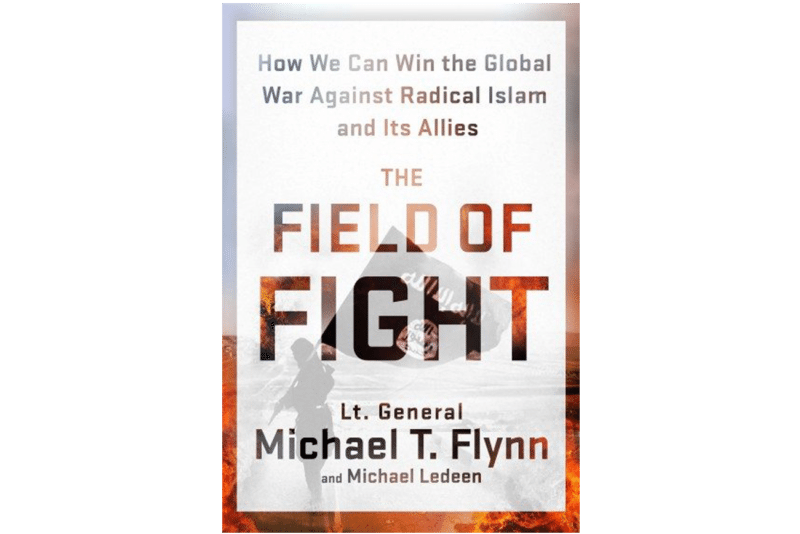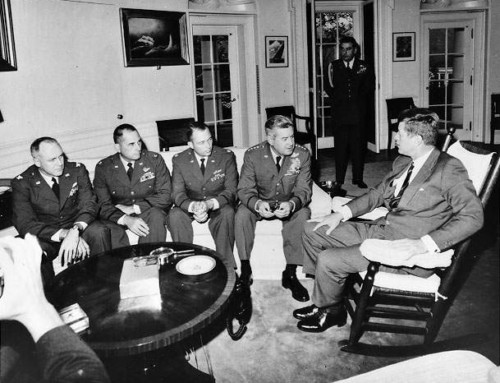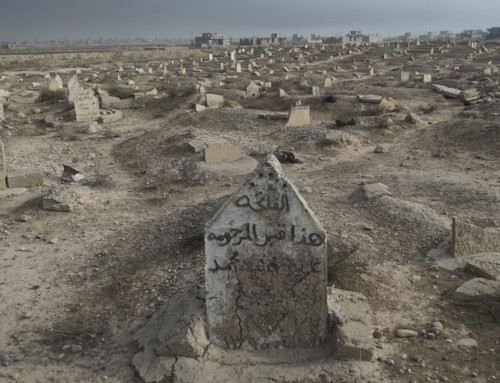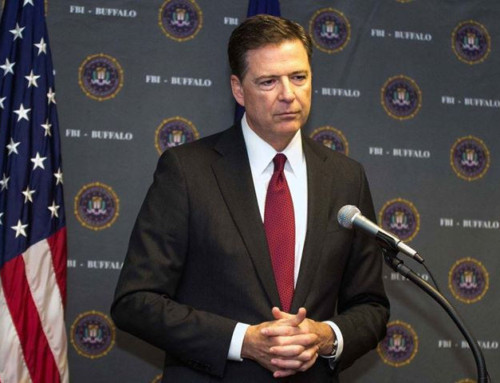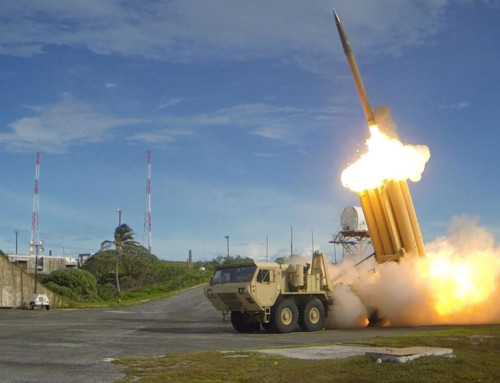The Field of Fight: How We Can Win the Global War Against Islam and Its Allies
As we are in the final run up toward a presidential election where one of the candidates is arguably guilty of criminal malfeasance and very possibly treason, General Flynn’s new book, The Field of Fight, is an important argument for why America faces an existential threat and why the country desperately needs new leadership. Similar to the purges now taking place in Turkey, the author was one of many senior military officers with stellar life-time military records who were purged from the Obama U.S. military. After thirty years of service, he was dismissed from his position as Director of the Defense Intelligence Agency for the crime of testifying to Congress that the American people were in more danger than just a few years previously.

Lt. General Michael T Flynn
When fired, Flynn was the senior military intelligence officer in the Department of Defense. Why, with all his stellar experience and intimate knowledge of the world-wide jihadist threat now facing the West, would he be let go? Answer – because he told the truth that President Obama and his capitulationist hopeful replacements didn’t want the American public to know…that we are losing the war with militant Islam. The truth is that we are losing to an army of rag-tag cutthroats backed by evil rogue regimes such as Iran and Russia, and we are losing due to our current regime’s bad management of the war effort.
I was gratified to read Gen. Flynn’s book because my forthcoming book also makes the case that the West is once again losing ground to resurgent militant Islam. Whereas my new book frames the current struggle as a continuation of the fourteen-centuries-long war waged by Islam against the West, a war where the armies of Allah took control of large portions of Europe, Greece, the Balkans and Spain, Flynn’s account is filled with fascinating new intelligence-related revelations about the internal workings of the Muslim jihadist world.
Flynn peppers his narrative with fascinating historic analogies and observations as well. For example, in describing the terrorist alliance—Iran, Russia, and the jihadists networks, Boko Haram, al Qaeda, ISIS, etc., he characterizes them as vulnerable. “Machiavelli insisted that tyranny is the least stable system, because the people can quickly turn against the tyrant.”
Flynn makes a startling observation and condemnation of the Obama presidency. “Iranian leaders…know they were very nearly overthrown in the summer of 2009, when millions of Iranians associated with the “Green Movement” filled the streets with more demonstrators than in 1979, when the Shah was overthrown.” The mostly young Iranian demonstrators even held up signs and chanted, “Obama, where are you?” Sadly, in early 1979, during Obama’s first few months in office, he had already established a secret channel of communications with Iran’s Khamenei through Oman. As U.S. military officials pressed him to back up and support the movement, his response was “let’s give it a few days.”
His “giving it a few more days turned into his giving his blessing to the Iranian regime’s rounding up, imprisoning, and murdering of thousands of Iranian advocates for freedom. As Flynn writes, “Removing the sickening chokehold of tyranny, dictatorships, and radical Islamist regimes must be something our nation stands for…If we don’t stand for this, we stand for nothing.”
Today the Iranian freedom movement which, with our help, could have toppled the largest terrorist-sponsoring Islamist state, one which will soon have nuclear weapons and the long-range nuclear missiles necessary to destroy New York City and Washington D.C., is dead. Flynn quotes one imprisoned Iranian freedom fighters as describing Obama’s unwillingness to back their movement as a “historic opportunity missed.” I might add—it may also prove to be the largest strategic blunder by any U.S. president ever.
ISIS itself may be far less stable than they appear due to the barbarity it turns upon its own fighters. Flynn reports that when ISIS fighters who had given up the fight to hold the city of Ramadi returned to Mosul, they were made to stand in circle in the center of a city square and were set on fire, burnt alive for all who dared to watch.
Most of Flynn’s prescriptions for how we change our warfare tactics from defense to offense are also present in my book, but given his thirty years in military intelligence, his are developed in greater detail. We both believe that a major component of our attack must be psychological war. Flynn points out that all the terror networks work with the big drug cartels, based in Latin America but which operate globally. He points out that, in his experience, fully three-quarters of the terrorists apprehended on Middle Eastern battlefields were found to be in it for the money not religious convictions. This should be an ongoing story aimed at repudiating militant Islam.
There is only one point on which General Flynn and I disagree. He states that it was a huge strategic mistake for the United States to invade Iraq militarily. He goes on to write that if our basic mission was to defeat terrorists, our target should have been Tehran not Baghdad.
I disagree. Three of the plotters of the 1993 World Trade Center bombing were Ramzi Yousef, Abdul Rahman Yasin, and Mohammed Salameh, who were implicated in the attack which killed six Americans and wounded over one thousand (it was an attack which could have killed 200,000 had the first tower fallen against the second. And it was the largest terrorist attack on U.S. soil up to that date). They were discovered to be in constant contact with Iraqi handlers prior to the attack and escaped to Iraq after the bombing. Yasin went on to live in Bagdad and was an employee of the Iraqi government.
The harboring of these men by Iraq was an act of war. Add to that, Sadam Hussein attempted to assassinate President Bush (the elder) on his visit to Kuwait, he was known to have maintained development programs aimed at producing all three classes of WMD’s, chemical, biological and nuclear, he was the only leader to have used chemical weapons on his own people, and finally he murdered more of his own people than did the Serbian dictator, Milosevic. After 9/11, history will record that he should have been targeted for removal.
I agree with General Flynn that Tehran should be and should have been the target of a U.S. regime change. But in my view, the dye should have been cast quickly in those terrible weeks after 9/11 when Mayor Julianne was working 18 hours a day and attending all those funerals for the fallen New York firefighters, police and civilians. Long before the American left could wake up to its nefarious mounting of its anti-Iraq war propaganda effort, the Bush administration should have gone to Congress and asked for a declaration of war on all terror-sponsoring states. That in place, Afghanistan, Iraq, and Iran would know that they were among those regimes targeted by the U.S. and its allies, given that the wording of that declaration would include the admonition that the prosecution of the war on terrorism would be conducted in the time and manner of the allies’ choosing. If that declaration had been made, the American left would have been neutralized and the world would be safer now.

